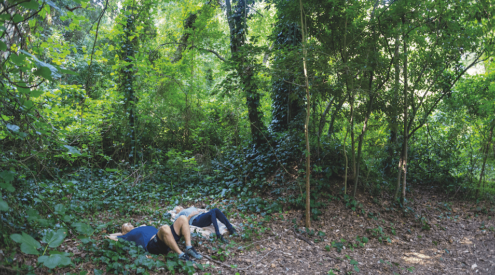Elephant populations are steadily growing in South Africa’s national parks, so much so that the capacity is slowly being reached. And more ellies in one place means some unruly behaviour is bound to occur. One private game reserve in Hoedspruit has implemented a buzzing new plan to deal with this.
Being such large mammals, elephants tend to be quite a handful to manage, especially in large numbers. Marula trees, highly favoured by the grey beasts for their fragrant fruit, have of late been the victims of these elephants, who strip them of their bark, leaving them bare and exposed. This causes the trees to die, and the marula tree population has been in decline in recent years, with up to 35 per cent loss reports shown in Jejane Private Game Reserve (Greater Kruger) since it introduced elephants.

Local research organisation Elephants Alive are based in Hoedspruit, and believe they may have come up with the solution to protecting marula trees from boisterous park elephants: bees.
Introducing bees into the marula trees would deter elephants and protect the trees, which are a valuable asset to the ecosystem. According to Business Insider South Africa, elephants, like us, aren’t fans of being stung, and are particularly sensitive to bees due to their acute sense of smell and hearing.
It was reported that 50 hives were set up in the marula trees at Jejane to test whether the method would work, and so far so good.
Elephants Alive zoologist Robin Cook would like to adapt the hives and test whether they work in other trees, like the endangered, yet iconic, baobab. There’s possibly a glimmer of hope too for the vulture population, whose nests are also accessible from the tree branches. This experiment forms part of Elephants Alive’s research through the Elephants, Bees, Trees & People Project.
Image: Pixabay
















